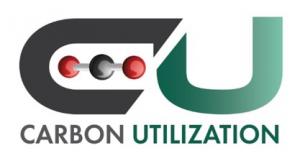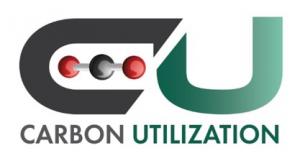September 8th, 2022
Carbon capture, utilization, and storage (CCUS) is not new to those working in climate science, geology, or oil and gas. However, recent updates to the 45Q Tax Credit, funding from the Bipartisan Infrastructure Law (BIL), and increasing acknowledgement among the global scientific community of the need for CCUS for successful decarbonization has shined a new spotlight upon it.
August 30th, 2022
As the U.S. economy moves toward clean energy and a lower carbon future, the U.S. Department of Energy (DOE) is seeking to partner with states, communities, and industries to support the procurement and development of carbon conversion products. These efforts have been enabled by provisions included in the Bipartisan Infrastructure Law (BIL).
October 13th, 2022
This event has been postponed.
To advance the development of the emerging and necessary carbon dioxide removal industry, the Department of Energy launched Carbon Negative Shot, the third target within DOE’s Energy Earthshots Initiative.
June 28th, 2022
The Infrastructure, Investments and Jobs Act, also commonly known as the Bipartisan Infrastructure Law (BIL), sections 41003c and 41003d, represent an extraordinary opportunity to help develop sustainable domestic critical material supply chains. Critical materials such as neodymium and dysprosium for magnets; lithium, cobalt, and class 1 nickel for batteries; platinum group metals for catalysts, electrolyzers and fuel cells; and gallium and g
June 21st, 2022
Register Here
As the United States (U.S.) economy moves toward clean energy and a lower carbon future, the U.S. Department of Energy (DOE) is seeking to partner with states, communities, and industries to support the procurement and development of carbon conversion products. These efforts have been enabled by provisions included in the Bipartisan Infrastructure Law (BIL).
June 14th, 2022
As the United States (U.S.) economy moves toward clean energy and a lower carbon future, the U.S. Department of Energy (DOE) is seeking to partner with states, communities, and industries to support the procurement and development of carbon conversion products. These efforts have been enabled by provisions included in the Bipartisan Infrastructure Law (BIL).
April 18th, 2022
Free and open to the Public.
The U.S. Department of Energy’s Office of Economic Impact and Diversity (DOE-ED) and Office of Fossil Energy and Carbon Management (DOE-FECM) are holding a public listening session in New Orleans focused on environmental, climate, and energy justice considerations associated with large-scale carbon management infrastructure projects.
Pages





